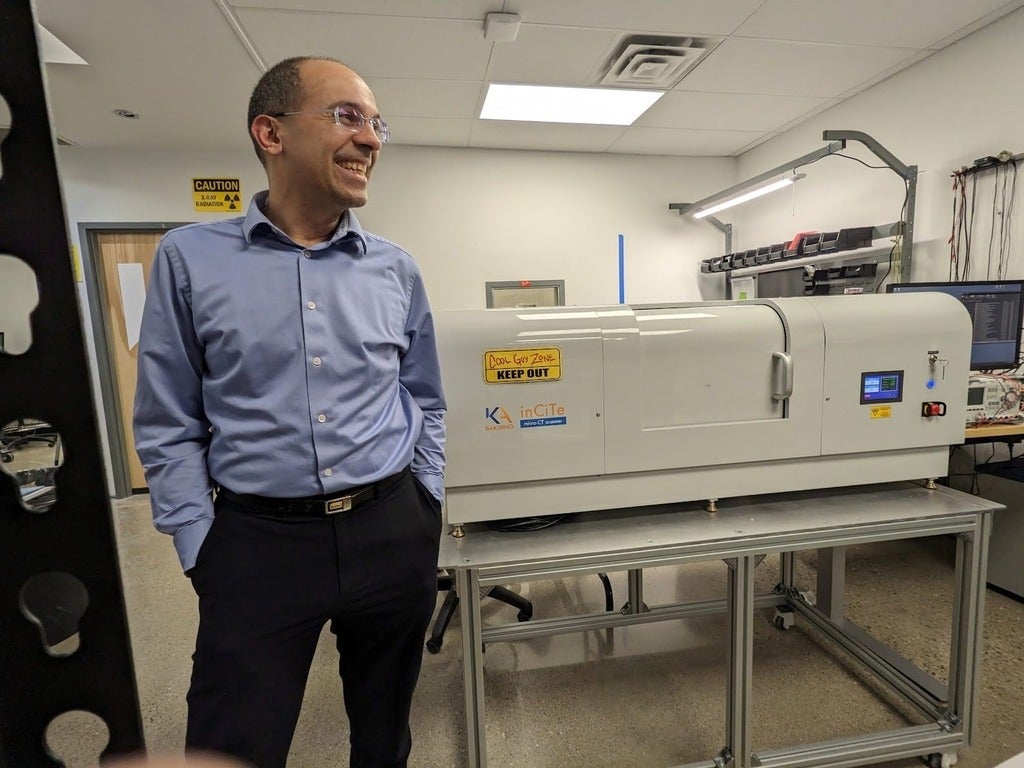Professor Boxin Zhao has been awarded the OPEA Engineering Research and Development Medal
Professor Boxin Zhao is this year’s recipient of the Ontario Professional Engineering Association (OPEA) Research and Development Engineering Medal. Administered by OPEA, the Research and Development Engineering Medal is awarded to individuals who have advanced engineering knowledge and have developed useful and novel applications. Zhao certainly fits the bill. Zhao's research is at the frontier of surface science and engineering. His work focuses on innovative soft matter engineering and bionanomaterials research aimed at advancing sustainable manufacturing. This includes the development of smart polymers, advanced adhesives, and coating materials.
